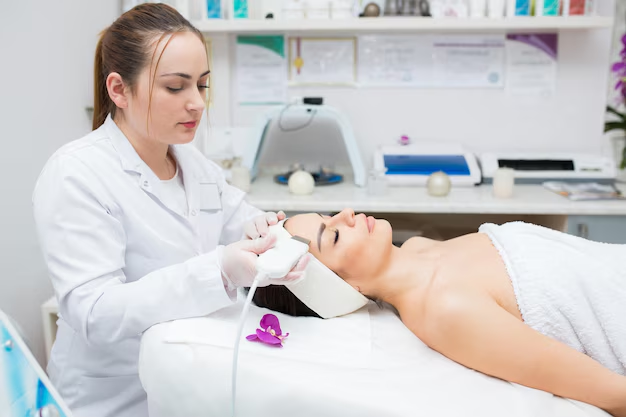How to Become a Nurse Practitioner in Dermatology: Essential Degrees and Certifications
Embarking on a career as a Nurse Practitioner in Dermatology combines the art of patient care with the science of skin health. Achieving expertise in this specialized field requires a structured educational pathway and specific credentials. Initially, aspiring Nurse Practitioners (NPs) must obtain a Bachelor of Science in Nursing (BSN), a degree that lays the foundation in nursing principles and patient care. Following this, passing the NCLEX-RN to become a licensed Registered Nurse (RN) is essential. However, advancing to a role in dermatology means taking the additional step of earning a Master of Science in Nursing (MSN) or a Doctorate of Nursing Practice (DNP), with a focus on dermatology or a related field. These programs equip future NPs with advanced clinical knowledge and specialized skills to diagnose and treat dermatological conditions effectively.
Beyond degrees, obtaining certifications further cements an NP's proficiency in dermatology. Pursuing the Dermatology Certified Nurse Practitioner (DCNP) credential is highly recommended. This certification validates an NP's expertise in dermatology, fostering trust among patients and employers alike. Through such a rigorous educational journey and credentialing process, aspiring NPs not only meet industry standards but also elevate their professional prospects within the dynamic and rewarding field of dermatological care.
Essential Pathway to Becoming a Dermatology NP:
- 🎓 Bachelor of Science in Nursing (BSN)
- 📝 Pass the NCLEX-RN Exam
- 📜 Registered Nurse (RN) License
- 👩🎓 Master of Science in Nursing (MSN) or Doctorate of Nursing Practice (DNP)
- 📘 Specialization in Dermatology (During MSN/DNP)
- 🌟 Dermatology Certified Nurse Practitioner (DCNP) Certification
